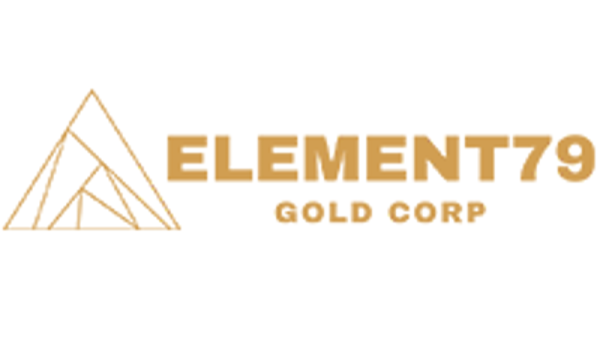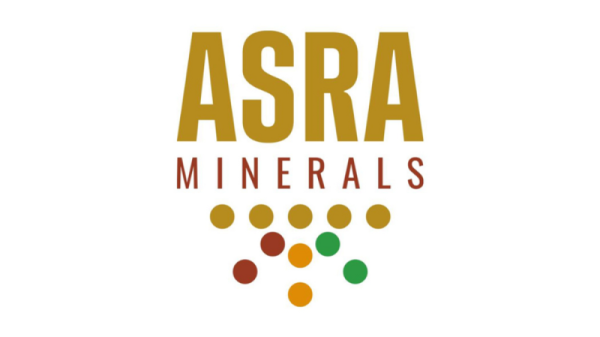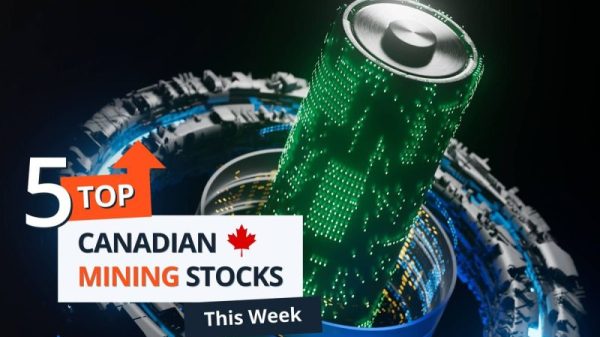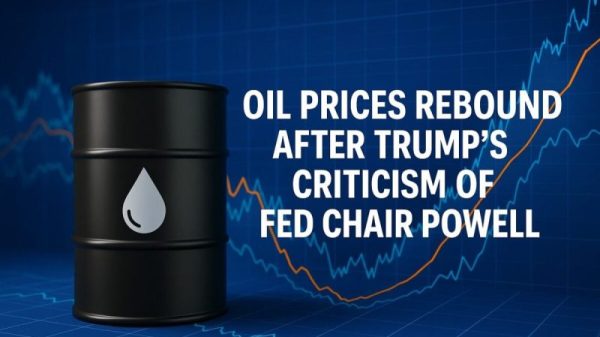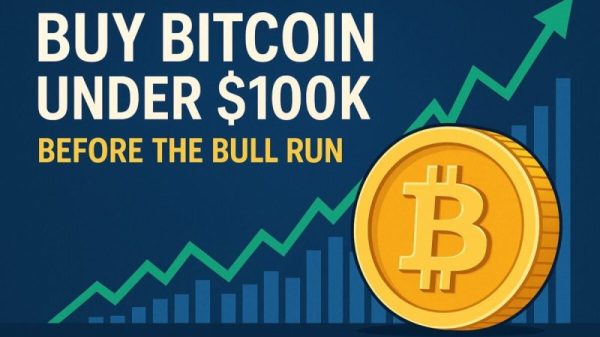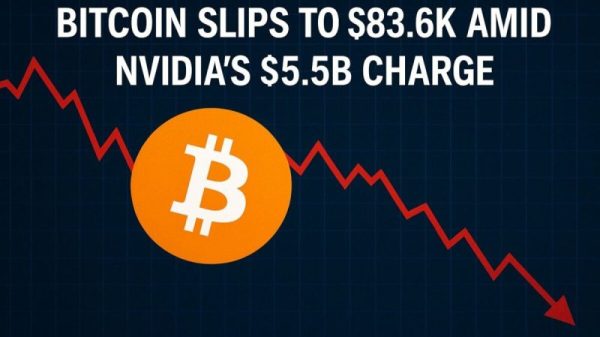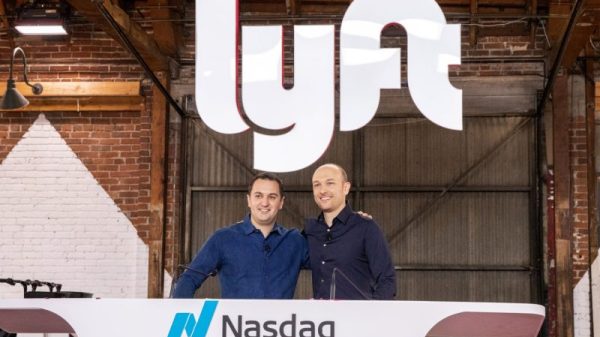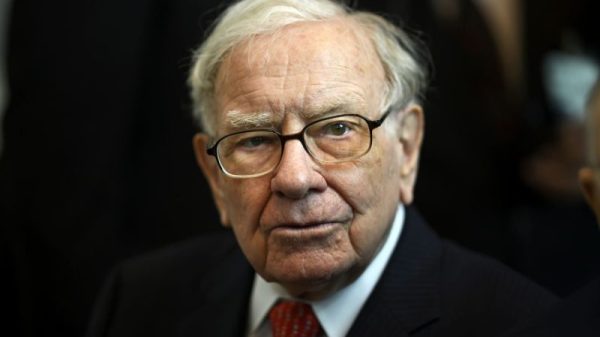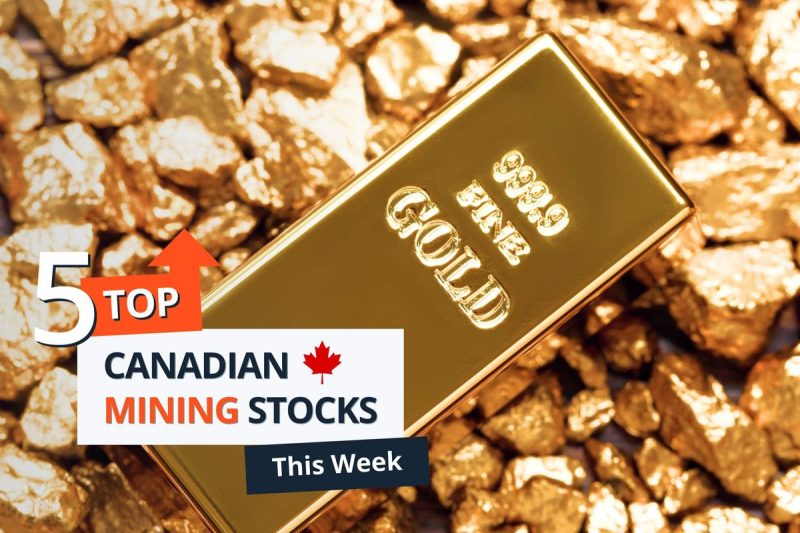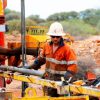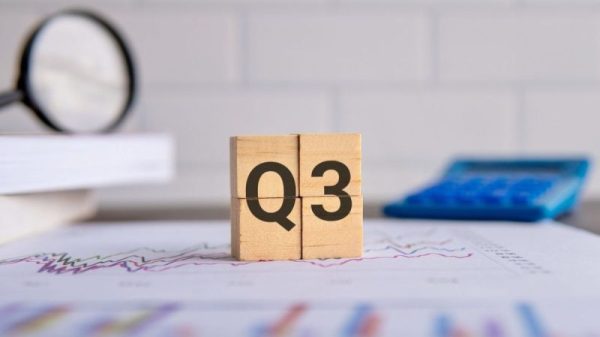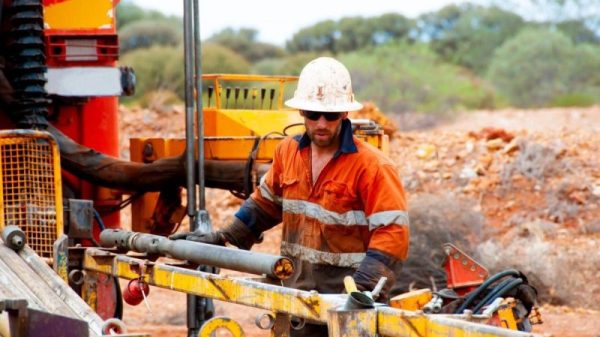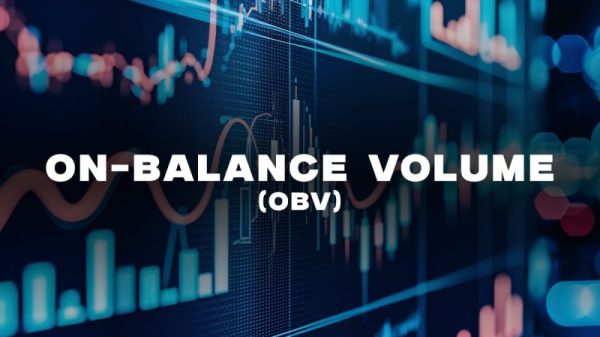The S&P/TSX Venture Composite Index (INDEXTSI:JX) was up 0.96 percent on the week to 595.59 by 12:00 p.m. EDT on Friday. Meanwhile, the S&P/TSX Composite Index (INDEXTSI:OSPTX) was up 0.69 percent to 24,133.27 points.
The US Bureau of Labor Statistics released its Employment Situation Summary on Friday (October 4). It reported that September saw nonfarm payroll employment increase by 245,000, beating analysts’ estimates of an increase of 140,000 jobs.
Expected to remain flat month-over-month, the unemployment rate instead fell to 4.1 percent compared to 4.2 percent in August, still higher than the 3.8 percent recorded a year earlier. Meanwhile, average hourly earnings also beat expectations with a 0.4 percent month-over-month growth and a 4 percent growth versus the same period in 2023.
The latest jobs data could impact the US Federal Reserve policymakers’ decision at their next meeting on November 6 and 7, as a strong job market can lead to rising inflation. Industry analysts are now overwhelmingly predicting a 25 basis point cut over a 50 point one, a significant change from last week, when the predictions were close to 50/50 with the larger cut coming out on top.
Following the release, markets saw slight gains in morning trading. The S&P 500 (INDEXSP:INX) gained 0.35 percent to 5,719.36, the Nasdaq-100 (INDEXNASDAQ:NDX) was up 0.65 percent to 19,914.45 and the Dow Jones Industrial Average (INDEXDJX:.DJI) climbed 0.31 percent to reach 42,140.31 by 12 p.m. EDT.
Gold and silver experienced high volatility Friday, with gold dropping 0.27 percent to US$2,648.24 per ounce, and silver gaining 1.27 percent to hit US$32.37 per ounce as of 12 p.m. EDT. More broadly, the S&P GSCI (INDEXSP:SPGSCI) gained 0.73 percent to 559.61 points.
Against that backdrop, how did TSX- and TSXV-listed resource stocks perform? Here are the top five gainers.
1. Adyton Resources (TSXV:ADY)
Weekly gain: 60.87 percent
Market cap: C$39.32 million
Share price: C$0.185
Adyton Resources is working to advance the Feni Island and Fergusson Island gold projects in Papua New Guinea.
The Feni Island site has seen historic exploration, with 212 holes drilled over 18,813 meters. While limited work has been conducted by Adyton, a 2021 resource estimate shows an inferred quantity of 1.46 million ounces of gold on site. The company has been working to expand its gold resource and explore for copper at greater depths than previous exploration.
The company’s Fergusson Island gold project consists of two advanced exploration licenses for the Wapolu and Gameta targets, which host a combined indicated resource of 173,000 ounces of gold from 4 million metric tons (MT) grading 1.33 grams per MT (g/t), and an additional inferred resource of 540,000 ounces from 16.3 million MT grading 1.02 g/t.
The most recent news from Adyton came on Monday (September 30), when it announced it will be undertaking a non-brokered private placement. The company intends to issue up to 53 million common shares at a price of C$0.13 for proceeds up to C$6.89 million. Funds will primarily be used to advance work at Feni Island.
2. Q2 Metals (TSXV:QTWO)
Weekly gain: 50 percent
Market cap: C$133.14 million
Share price: C$1.11
Q2 Metals is a gold and lithium exploration company with operations in the Eeyou Istchee James Bay region of Québec, Canada, as well as in Queensland, Australia.
Its Mia lithium property in Québec consists of 171 mineral claims. Exploration at the site began in 2023, with surface mapping taking place in June and its inaugural drill program commencing in October. Six kilometers north of Mia, the company owns the Stellar lithium property, which consists of 77 claims covering 3,972 hectares.
In February 2024, Q2 acquired the Cisco lithium property, which consists of 222 mineral claims covering 11,374 hectares to the south of its other projects in the region. Since acquiring the property, the company has completed extensive exploration work with a 12 hole, 3,752.8 meter drill campaign carried out in the spring and an additional five hole, 2,610 meter campaign in the summer.
Shares in Q2 saw gains after the company released assay results on Tuesday from its spring exploration program at Cisco. In the announcement, the company provided a highlighted interval grading 1.69 percent lithium oxide over 215.6 meters, including an intersection of 2.29 percent lithium oxide over 64.6 meters.
Company Vice President Neil McCallum said of the results, “One important observation of these results is the higher-grade nature of the larger mineralized system as we test and track the system progressing to the south.”
3. NOA Lithium Brines (TSXV:NOAL)
Weekly gain: 50 percent
Market cap: C$26.13 million
Share price: C$0.195
NOA Lithium is a lithium exploration company working to advance three projects located within the lithium triangle area of the Salta province of Argentina: the 37,000 hectare Rio Grande project, the 78,000 hectare Arizaro project and the 10,200 hectare Salinas Grandes project.
Of the three projects, Rio Grande is the most advanced. NOA filed an NI 43-101 report in July 2024 that included an updated resource estimate for the site, with total measured and indicated resources of 499,000 MT of lithium with an additional inferred resource of 384,400 MT.
While the company hasn’t released news recently, it saw significant gains in its share price this week.
4. Jervois Global (TSXV:JRV)
Weekly gain: 50 percent
Market cap: C$32.67 million
Share price: C$0.015
Jervois Global is working to advance a global portfolio of nickel and cobalt projects. It owns the Idaho Cobalt Operations in the US, at which it suspended mine construction in 2023 due to low cobalt prices.
According to Jervois, the Idaho Cobalt Operations have the largest US cobalt resource. A 2020 feasibility study shows that they have a measured and indicated resource of 50.1 million pounds of cobalt from 5.24 million MT grading 0.44 percent, with inferred values of 12 million pounds of cobalt from 1.57 million MT grading 0.35 percent.
The company announced in June 2023 that it had entered into a US$15 million agreement through the US Department of Defense’s Defense Production Act for exploration activities at its property.
In its most recent announcement from the project, released on July 31, Jervois reported that extensional drilling at the Idaho Cobalt Operations had shown positive resource growth potential, with cobalt, gold and copper mineralization at depth. In the announcement, the company provides a highlighted result of 1.1 percent cobalt, 1.18 percent gold and 0.69 g/t gold over 1.8 meters.
Shares in Jervois Global saw gains this past week but the company did not release news.
5. P2 Gold (TSXV:PGLD)
Weekly gain: 46.15 percent
Market cap: C$13.1 million
Share price: C$0.095
P2 Gold is a gold exploration and development company working to advance projects in the US and Canada.
Its flagship Gabbs gold and copper project is located 233 kilometers from Reno, Nevada, and consists of 543 lode claims and one mining claim covering 4,500 hectares.
In a preliminary economic assessment for the project released on July 4, the company reported an after-tax net present value (NPV) of US$550 million and an internal rate of return of 21 percent with a payback period of 3 years based on a gold price of US$1,950 per ounce. However, the company noted that with a gold price of US$2,414 per ounce, the NPV increases to US$949.2 million.
Additionally, the report included mineral resource estimates for the site with indicated resources of 720,000 ounces of gold, 2.2 million ounces of silver and 297 million pounds of copper from 49.8 million MT, with additional inferred resources of 1.28 million ounces of gold, 3 million ounces of silver and 567.1 million pounds of copper from 112.2 million MT.
The most recent news from the company came on September 17 when it announced it had upsized and closed the final tranche of its non-brokered private placement to raise gross proceeds of US$1 million from the sale of 20 million shares. Proceeds will be used to fund exploration and development expenditures and general corporate purposes.
FAQs for Canadian Mining Stocks
What is the difference between the TSX and TSXV?
The TSX, or Toronto Stock Exchange, is used by senior companies with larger market caps, and the TSXV, or TSX Venture Exchange, is used by smaller-cap companies. Companies listed on the TSXV can graduate to the senior exchange.
How many companies are listed on the TSXV?
As of June 2024, there were 1,630 companies listed on the TSXV, 925 of which were mining companies. Comparatively, the TSX was home to 1,806 companies, with 188 of those being mining companies.
Together the TSX and TSXV host around 40 percent of the world’s public mining companies.
How much does it cost to list on the TSXV?
There are a variety of different fees that companies must pay to list on the TSXV, and according to the exchange, they can vary based on the transaction’s nature and complexity. The listing fee alone will most likely cost between C$10,000 to C$70,000. Accounting and auditing fees could rack up between C$25,000 and C$100,000, while legal fees are expected to be over C$75,000 and an underwriters’ commission may hit up to 12 percent.
The exchange lists a handful of other fees and expenses companies can expect, including but not limited to security commission and transfer agency fees, investor relations costs and director and officer liability insurance.
These are all just for the initial listing, of course. There are ongoing expenses once companies are trading, such as sustaining fees and additional listing fees, plus the costs associated with filing regular reports.
How do you trade on the TSXV?
Investors can trade on the TSXV the way they would trade stocks on any exchange. This means they can use a stock broker or an individual investment account to buy and sell shares of TSXV-listed companies during the exchange’s trading hours.
Data for this 5 Top Canadian Mining Stocks article was retrieved at 12:00 p.m. EDT on October 4, 2024, using TradingView’s stock screener. Only companies trading on the TSX and TSXVwith market capitalizations greater than C$10 million are included. Companies within the non-energy minerals and energy minerals sectors were considered.
Article by Dean Belder; FAQs by Lauren Kelly.
Securities Disclosure: I, Dean Belder, hold no direct investment interest in any company mentioned in this article.
Securities Disclosure: I, Lauren Kelly, hold no direct investment interest in any company mentioned in this article.



